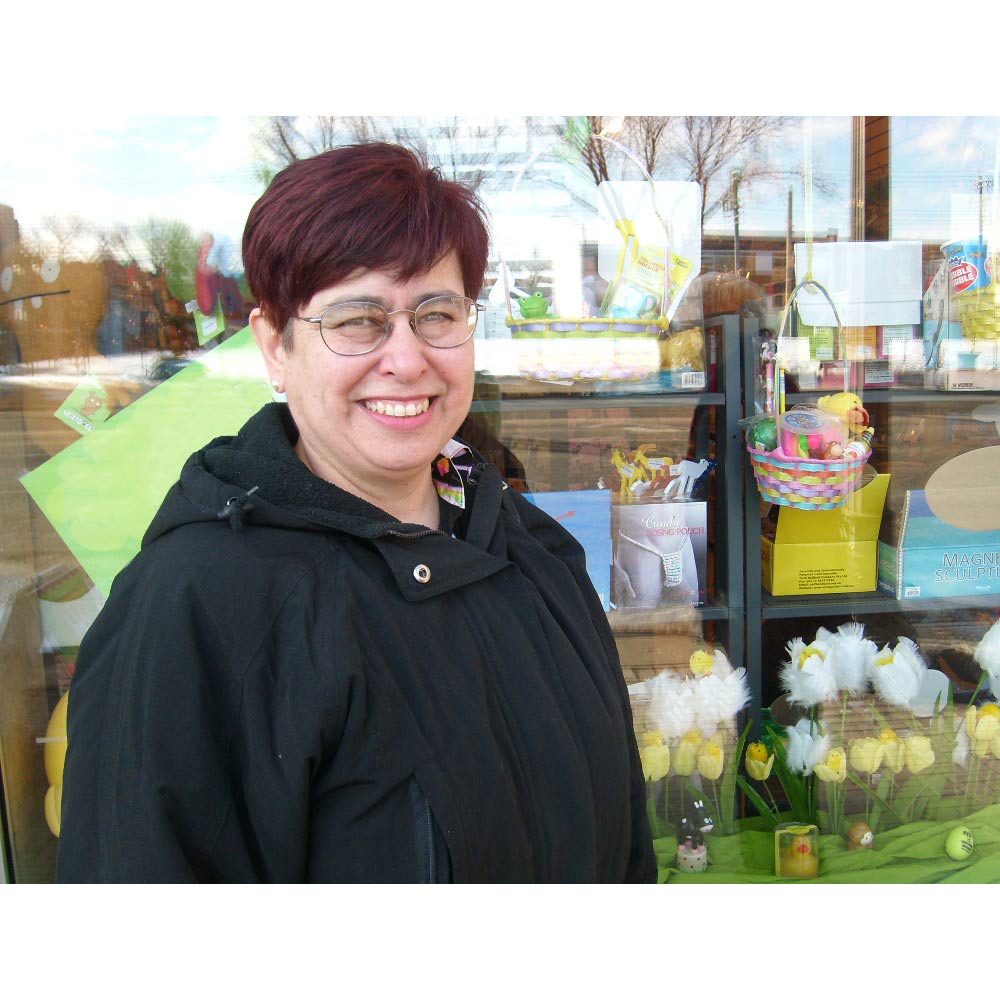This content has been archived. It may no longer be relevant
“And who,” my friend challenged me, “is a somebody in God’s eyes, do you think?”
I stopped talking; I couldn’t think of a reply. I had been monologuing on an old theme of mine, playing an old tape—the one that says, “I am a nobody. I am doing nothing. I am not worth much.”
And who is a somebody in God’s eyes? Is it a person who has climbed to the top of the human heap of achievement? Is it a CEO or a billionaire? Is it someone many people admire? Maybe, but more likely, maybe not.
For “My thoughts are not your thoughts nor are your ways my ways,” says the Lord (Isaiah 55:8).
The somebody in God’s eyes, who came to my mind was a character in C.S. Lewis’ book The Great Divorce. The setting of the book is a day trip from hell to heaven for anyone who wants to go. So the bus loads up and off they go.
At one point during the day, the main character sees a great procession about to begin. He looks at the woman being honored; her face is unbearably beautiful. He asks his guide who she is.
“It’s someone ye’ll never have heard of. Her name on earth was Sarah Smith. … She is one of the great ones.
“Ye have heard that fame in this country and fame on earth are two quite different things.” … “Every young man or boy that met her became her son—even if it was only the boy who brought the meat to her back door. Every girl that met her was her daughter.”
Whomever Sarah met, she took into her heart and loved. The delivery boys were sat down and fed. She was not looking at what they could do for her, but what she could do for them. In other words, she loved and served everyone she met. And that is what made her so great in heaven. She had poured herself out—for love.
Am I Sarah Smith to others? Are you? Am I Jesus’ representative to all I encounter during the day? Do I desire to pour out love and mercy on each person I meet? Do I bring Jesus to others, or do I bring my needs and self-seeking?
Fr. Ron Rolheiser, an Oblate priest and writer, had an article recently in some of the Catholic papers. He began, “There is a real difference between our achievements and our fruitfulness, between our successes and the actual good we bring into the world. …
“And the truth is that we can achieve great things without really being fruitful, just as we can be very fruitful even while achieving little in terms of worldly success and recognition. Our fruitfulness is often the result, not so much of the great things we accomplish, but of the graciousness, generosity, and kindness we bring into the world.
“The fruit that feeds love and community tends to come from our shared vulnerability and not from those achievements that set us apart.” (“There’s a Difference Between Our Successes and the Good We Bring” in the column, “In Exile,” The Prairie Messenger, Sept. 13, 2017, p. 13.)
All this demands death to self, death to our ego; that part of us that screams out “Look at me!! Look at me! Aren’t I just the center of everything!”
But that false self can’t love; it just brings pain and emptiness. As it shrinks, true love and joy grow. And that joy is so much more wonderful than self-will.
I have experienced this in the last two years. My rather large ego, through different circumstances, took a beating. I discovered this through a crisis in my health and through being in circumstances that I did not want.
It was painful, but the result was greater peace, freedom and joy. I am still self-centered, but I am freer. I would not like to go back to the prison of self I was in. It was worth it.





